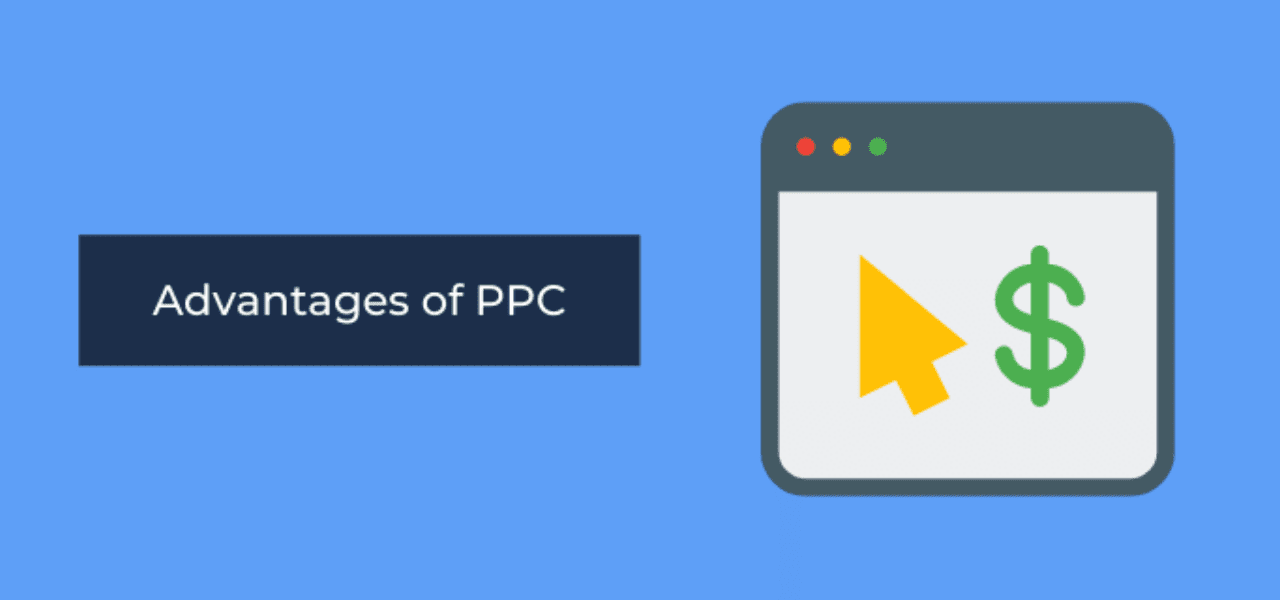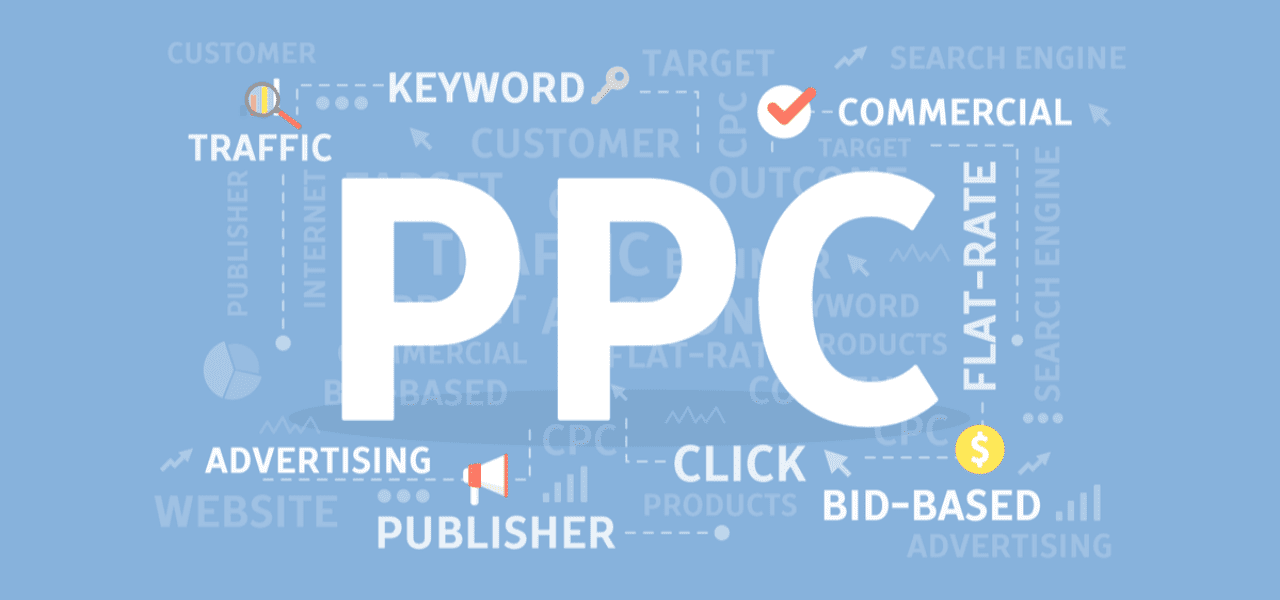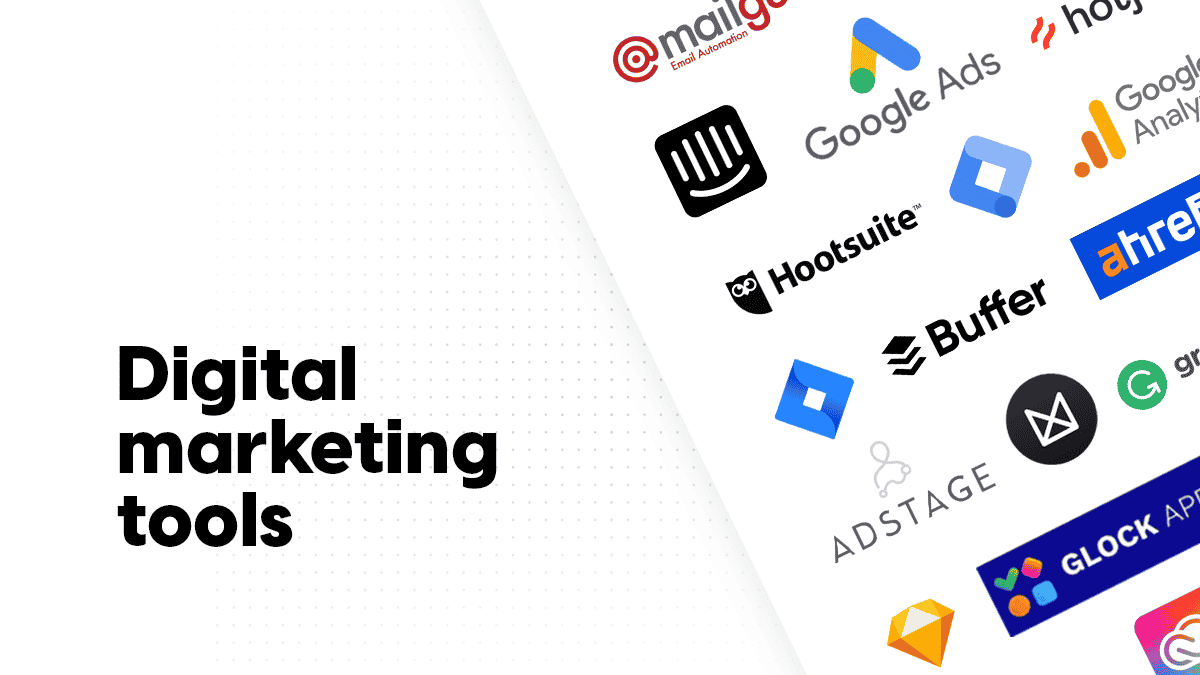PPC or pay-per-click is an advertising model where advertisers pay only when a prospect clicks on a specific ad. The aim of the PPC model can be to drive website visits, conversions, or anything in between. Pay-per-click model has various ad types like Display ads, ads on social networks while it’s more commonly used in search ads.
As per Google, for every $1 spent on Google AdWords businesses earn an average of $2. Social Media Today states that more than 7 million advertisers invested a total of $10.1 billion in Pay-per-click ads in 2017 with 40% per cent of brands having a likelihood to increase their Pay-per-click budget. According to Word stream, the average CPC across all industries in Google AdWords is worth $2.69 and 65% of all clicks made by users who intend to make a purchase go to paid ads.
How does it work?
Being an advertiser you cannot rank higher than your competitors on the SERP (Search Engine Results Page)
just by paying higher than them. Search engines use the bidding system called “Ad Auction” where advertisers select the keywords they want to rank for. Depending upon the search query and relevancy the search engine will rank your ad along with your competitor’s and you’ll have to pay only when the prospect clicks your ad.
Costs are controlled with a daily budget where your ad will disappear from google once it meets the budget. “Google Analytics” provides data to study the campaign in detail.
This method is highly effective in campaigns which can’t be measured quantitatively providing a cost-effective solution for the same.
Is Pay-per-click Advantageous for your business goals?

- Pay only for the visits: Unlike other advertising models in which an advertiser pays to display for the ad, can’t guarantee the results, Pay-per-click allows you to pay only for the clicks/ the number of visits to your website.
- You are the boss: Pay-per-click model allows you to decide where and when your ads shall display. You can choose the locations and the platforms where you desperately want your ads to pop up.
- Ease of tracking: One can easily measure and track Pay-per-click campaigns as they readily provide the statistics of the campaign’s performance like impressions, clicks, and conversions. Other models, however, fail to provide such a clear budget and performance relation.
- Effective Targeting: Through segmentation, you can target the right audience who aren’t already exposed to your brand. Thus, the target audience are much likely to click your ad as they actively searched for your services.
- Data: The impressions, click and conversions data you access through the campaign can work as a boon to leverage your SEO and Content Strategy efforts. It helps you understand where and who your target audience is.
Does Pay-Per-Click have any disadvantages?
- “Clicks” is not equal to “sales”: Though the visitor has a high chance to convert, the number of clicks to your website won’t correlate to the number of sales always.
- Time and skill: Pay-per-click campaigns demand time to drive the best results. It also requires experience and practice to set up PPC campaigns.
- Expensiveness: SEO requires time and skills but PPC requires money along with the other two. You need to constantly monitor and optimize your campaign to ensure an ROI.
How effective is it to your Campaign?
The effectiveness of your campaign boils down to Keyword selection, targeted copy, landing page and some basic common sense.
An excellent ad copy lures the user to click on the ad especially when you are competing with thousands of other businesses, with just a small space on SERP to create an impact. Specificity with the keywords has a direct correlation with the increase in conversion rates. A good landing page clearly provides what the user is searching for, if you fail to do so you lose your potential customer.
If a user types “Chinese restaurants near me ” and your restaurant is 100 km away, then for sure a PPC ad isn’t worth it in this case.
Having a bidding strategy and constantly monitoring and optimizing your campaign is a must!
So Is Pay-per-click Effective?
Yes, It is. Pay-per-click has proved to be reliable and profitable for various B2B, B2C, and nonprofits seeking quality traffic/conversions in short time duration. It bridges the cost and performance of the campaign. They are cost-effective, produce fast results and the algorithm changes have little to no effect on PPC campaigns.
Trying out Pay-per-click can be risky but it also provides access to a lot of data which can leverage other marketing efforts.
However, remember, that no campaign can be successful without a detailed marketing strategy!
For more such informative content, follow Mentease Media Blogs.
At Mentease Media, we provide social media marketing, e-commerce, branding and designing, web development, content marketing, Influencer marketing, video production, and much more.
Visit our page :- menteasemedia.in




